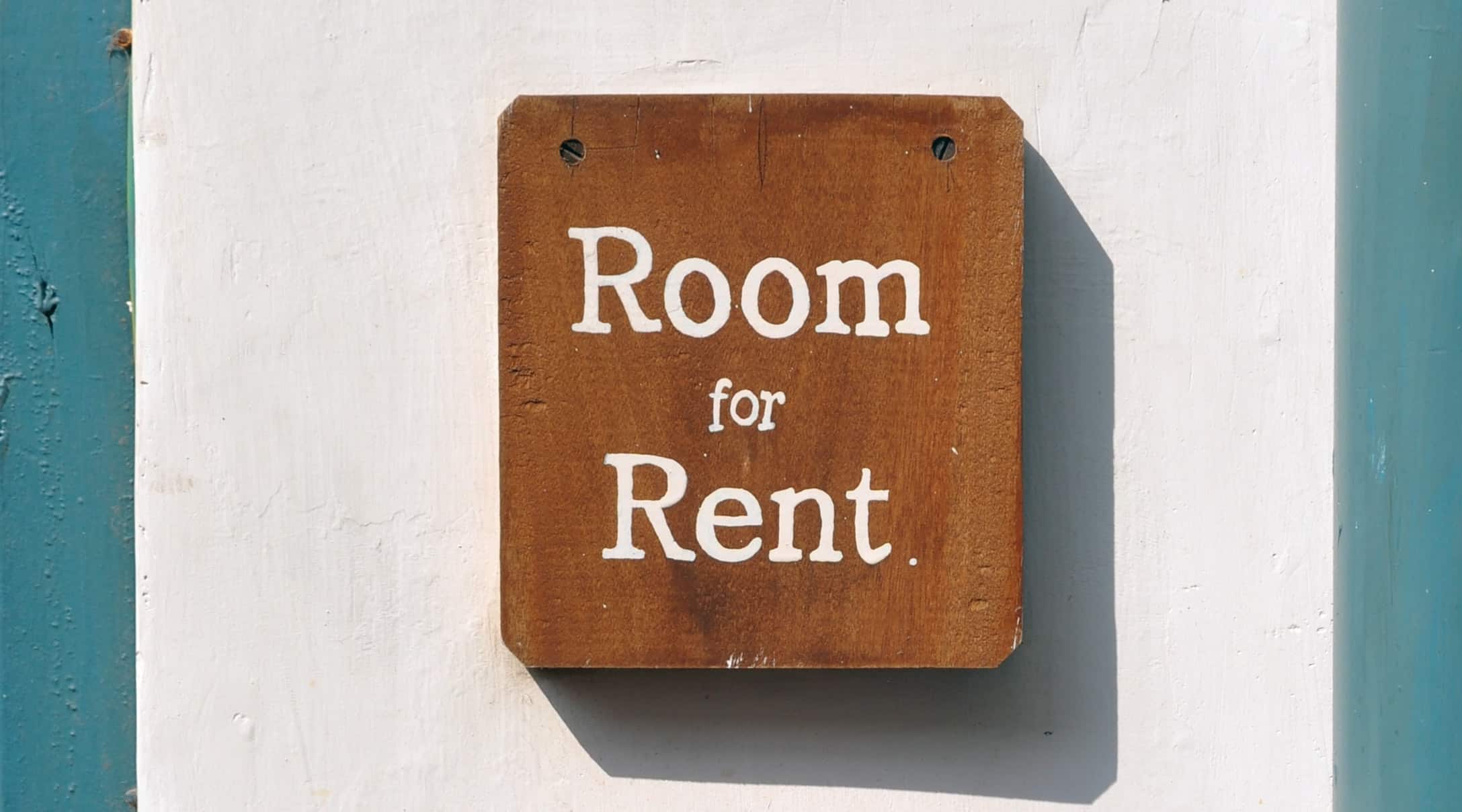The COVID-19 pandemic has caused a lot of stress for both tenants and landlords alike. Reduced hours or unemployment essentially puts monthly rent paid on time at risk. As a landlord, if you’re wondering what your options are if your tenant is no longer able to make ends meet, read below.
The government of Canada has urged landlords to keep providing their tenants housing until the state of emergency has been called off. As a result, provinces have announced policies ranging from supplements to eviction bans for the purpose of providing relief to tenants.
Residential Tenancy Act
The Residential Tenancy Act of British Columbia was recently updated to support both landlords and tenants during the COVID-19 outbreak. As such, these changes are in effect throughout the duration of the provincial state of emergency.
In short, tenants are still obligated to pay their rent in full and on time. However, if your tenant is unable to meet these requirements, let them know about the different forms of assistance available to them. These include:
- The B.C. Emergency Benefit for Workers
- Temporary Rent Supplement
- Federal Government Financial Support
These resources should act to alleviate stress on your end, as a landlord, and the tenant.
Temporary Rent Supplement
The Temporary Rent Supplement is the most recent amendment made to the Act. It will provide up to $500 a month for 3 months for eligible tenants. Note that the supplement will be directly paid to the landlord after the application is approved. Tenant eligibility requires that all of the following criteria are met:
- Have a 2019 gross household income of less than:
- $74,150 for singles and couples without dependents
- $113,040 for households with dependents
- As a result of COVID-19:
- Be receiving or eligible for Employment Insurance; or
- Be receiving or eligible for the Canada Emergency Response Benefit offered by the federal government; or
- Have experienced, and be able to provide evidence of, a drop of 25% or more in monthly household employment income
- Be paying more than 30% of current household income towards rent
For more information on conditions and restrictions, please read here.
Evictions
Most evictions are banned until the province declares the state of emergency is over. Therefore, although a tenant may not pay their rent in full or on time, the landlord is unable to give an eviction notice that is effective immediately. However, they can evict the tenant when the state of emergency is over. Note that existing evictions notices also cannot be enforced unless exceptional circumstances are present. Consider seeking legal counsel to help you determine when your eviction notices are valid and enforceable.
There are certain exceptions to this eviction ban. These instances occur when it is deemed unreasonable or unfair to the landlord or other tenants of the residential property to wait for the state of emergency to be over. Examples of when this might happen include the tenant:
- Significantly disturbing another occupant or landlord;
- Putting the rights, health, or safety of another occupant or landlord at risk;
- Causing significant damages to the residential property; or
- Engaging in illegal activity.


